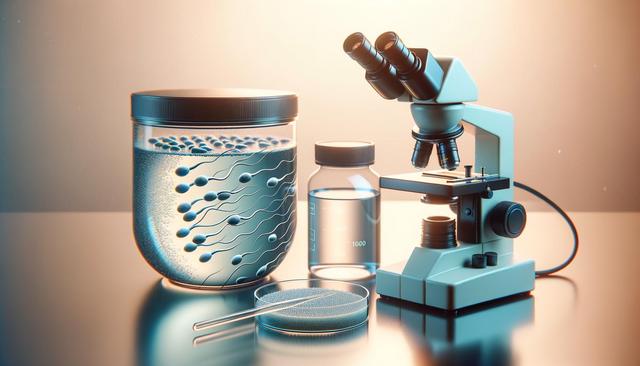What Is Sperm Donation?
Sperm donation is a medical process in which a man donates his sperm to help individuals or couples conceive a child. This method is commonly used in fertility treatments, especially when a male partner faces infertility issues or when a single person or same-sex couple wishes to start a family. Facilities like a sperm clinic nearby or a sperm fertility clinic nearby are often equipped to handle the donation, testing, and storage process in a regulated and ethical manner.
In recent years, demand for sperm donors has increased, leading to the establishment of more accessible donation centers. Whether you’re searching for a sperm clinic nearby or an IVF center nearby, the infrastructure supporting fertility treatments has grown significantly. This allows more people to consider donation as a viable option for family building.
Who Can Donate: Sperm Donation Requirements
Before deciding to donate, potential donors must meet specific sperm donation requirements. Clinics follow strict screening processes to ensure the health and genetic quality of the donated sperm. These requirements may vary slightly depending on the country or clinic, but they typically include:
- Age between 18 and 45 years
- Good physical and mental health
- No history of hereditary genetic disorders
- Ability to provide a detailed medical and family history
- Willingness to undergo testing for infectious diseases
Meeting these criteria is essential for being accepted into a donation program. Clinics such as a sperm fertility clinic nearby often conduct thorough evaluations to maintain high standards for both donors and recipients.
Why People Choose to Donate Sperm
There are various reasons why individuals decide to donate sperm. For some, it’s a way to help others start families, while for others, it may be a combination of altruism and financial compensation. In countries like Denmark, where the process is more normalized, many choose to donate sperm in Copenhagen due to the comprehensive support and anonymity options provided by clinics.
Some common reasons for donating include:
- Helping others achieve parenthood
- Contributing to medical science and fertility research
- Receiving financial compensation for time and commitment
- Personal connection to infertility issues
Whether you’re planning to donate sperm in Copenhagen or seeking local options like a sperm clinic nearby, motivation and personal values often play a significant role in the decision-making process.
Legal and Ethical Considerations
Donating sperm involves legal and ethical responsibilities. While most clinics ensure anonymity, laws differ by country. For example, in some locations, recipients may have the right to access the donor’s identity once the child reaches a certain age. This is a key consideration for those thinking about donation of sperm, whether locally or when choosing to donate sperm in Denmark.
Additionally, clinics must adhere to national and international guidelines for donor anonymity, consent, and record-keeping. For nonprofit organizations managing these services, fund accounting for nonprofits becomes essential to ensure transparency and ethical management of resources.
Understanding your rights and obligations before proceeding with sperm donation helps protect both donors and recipients, ensuring that the process remains respectful and legally sound.
Locating a Fertility or IVF Center
Finding the right facility is a crucial step in the sperm donation process. Searching for terms like “Sperm Fertility Clinic Nearby” or “IVF Center Nearby” can help you locate licensed clinics in your area. These facilities typically provide comprehensive services, including donor screening, counseling, and legal guidance.
In regions known for fertility treatments, such as Denmark, individuals often search for opportunities to donate sperm in Copenhagen due to the well-established medical infrastructure and supportive legal environment. Whether you’re considering local or international options, it’s important to choose a clinic that aligns with your values and complies with all legal requirements.
When selecting a clinic, consider the following:
- Reputation and accreditation
- Supportive staff and counseling services
- Clear information on donor rights and compensation
- Transparent donation process
With the right resources and guidance, becoming a sperm donor or seeking a donor becomes a well-informed and manageable journey.
Conclusion: Supporting Fertility Through Informed Choices
Sperm donation plays a meaningful role in helping individuals and couples achieve their family goals. Whether you’re a potential donor or someone exploring fertility treatments, understanding the process, requirements, and ethical considerations is essential. From locating a sperm fertility clinic nearby to understanding how to donate sperm in Copenhagen, every step of the journey should be informed and thoughtful. By working with reputable clinics and staying informed, both donors and recipients can contribute to a respectful and successful fertility experience.







